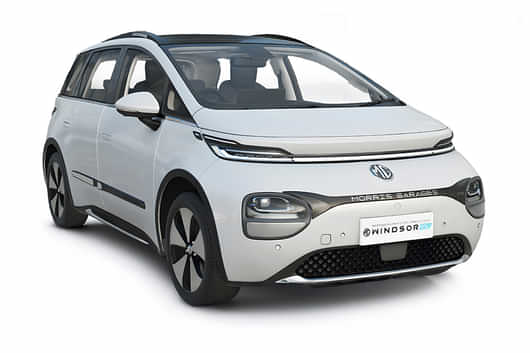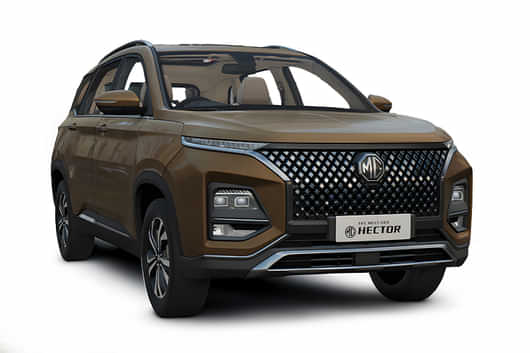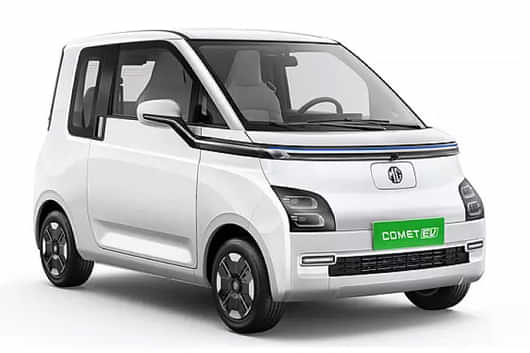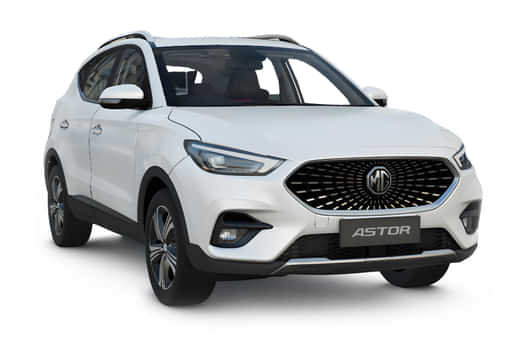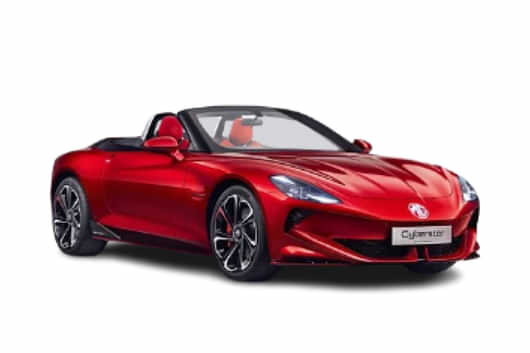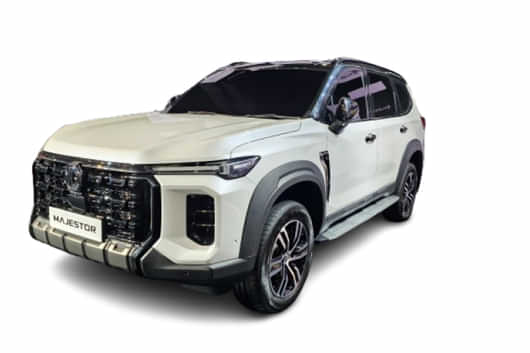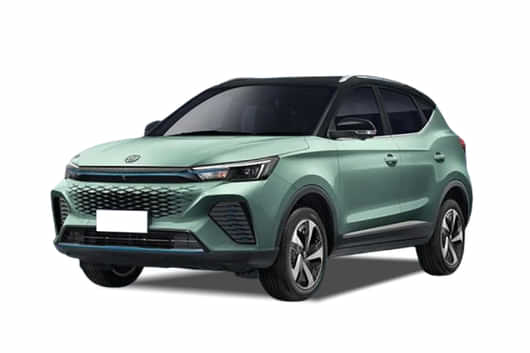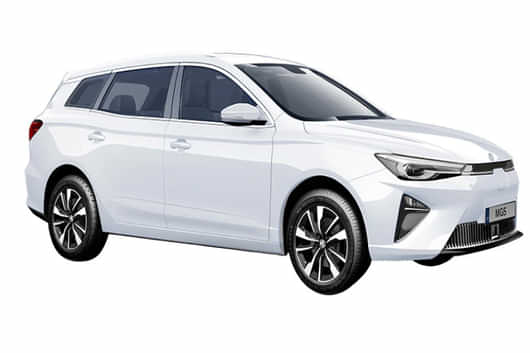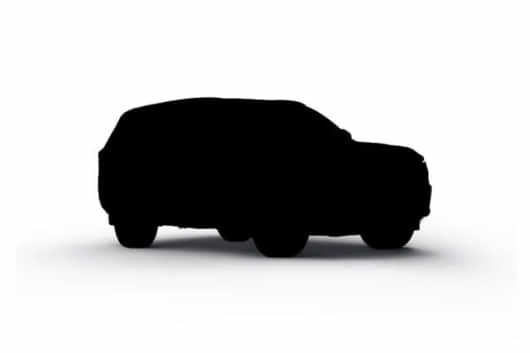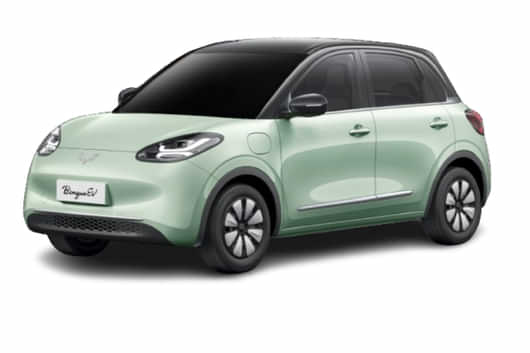
KEY HIGHLIGHTS
- The MG Windsor EV has bigger dimensions than the Nexon EV.
- The Windsor EV is the only car to come with a battery-rental purchase plan.
- Unlike the Nexon.ev, the Windsor EV does not offer an ICE sibling.
- The Windsor EV does not get a frunk or an average efficiency display; both of which the Nexon EV gets.
The MG Windsor EV has created quite the buzz around it, considering its dimensions, packaging, and the price point it comes at. Makes sense then, that we compare it against one of the most popular EVs in India; the Tata Nexon EV.
Do remember, this is an on-paper comparison, and before going any further, make sure to join the 91wheels WhatsApp Community to stay up-to-date with the latest buzz from the world of cars and bikes.
MG Windsor Vs Tata Nexon EV: Dimensions

| Car | Length | Width | Height | Wheelbase | Boot space |
| Tata Nexon EV | 3994mm | 1811mm | 1616mm | 2498mm | 350 litres |
| MG Windsor EV | 4295mm | 2126mm | 1677mm | 2700mm | 604 litres |
For some reason, this truly surprised me, and a better perspective shall be available once we test the cars against each other in the real world. The Windsor EV is actually taller, longer, and wider than the Nexon EV. The wheelbase of the Windsor EV is 2700mm, which is 292mm longer than the Nexon EV's as well.

This should result in the Windsor EV offering better legroom and shoulder room as compared to the Nexon EV. The Windsor EV also comes with a bigger boot space than the Nexon EV, along with a reclining rear bench, which should help things further. However, the Nexon EV fights back with a frunk that has recently been made available, which the Windsor EV does not get.
Also read: 2024 Maruti Suzuki Dzire: All You Can Expect
MG Windsor Vs Tata Nexon EV: Drivetrain, Battery and Charging
This is where the Nexon EV offers you more options. It can be had with either a 30kWh battery pack, a 40.5 kWh unit, or a newer 45kWh unit from the Curvv EV that made its way onto the Nexon EV just days ago. The table below shows all the details about the charging, performance and range specifications for all three battery packs.
| Criteria | 30kW battery | 40.5kWh battery | 45kWh battery |
| Performance | 127bhp and 215Nm | 142bhp and 215Nm | 147bhp and 2500Nm (wheel torque) |
| Range | 275km | 390km | 350-370km |
| Charging Times | 3.3kW AC: 10.5 hours (10-100%) 7.2kW AC: 4.3 hours (10-100%) 50kW DC: 56 minutes (10-80%) | 3.3kW AC: 15 hours (10-100%) 7.2kW AC: 6 hours (10-100%) 50kW DC: 56 minutes (10-80%) | 15A Plug: 17.36 hours (10-100%) 7.2kW AC: 6.36 hours (10-100%) 60kW DC: 40 minutes (10-80%) |
| 0-100kmph time | 9.2 seconds | 8.9 seconds | 8.9 seconds |
In comparison, the MG Windsor gets one powertrain option across all variants, which produces 134bhp and 200Nm of torque. Backed by a 38kWh battery pack, MG claims the Windsor can cover a claimed 332km on a single charge. The battery pack can be charged either via a 3.3kW AC charger, a 7.2kW AC charger, or a 50kW DC fast charger, and there is also a portable 15A charger as well. The table shows how much time each charging setup takes to juice up the battery.
| Charger | 3.3kW AC | 7.2kW AC | 50kW DC fast |
| Time | 13.8 hours (0-100%) | 6.5 hours (0-100%) | 55 minutes (0-80%) |
Furthermore, MG is promising a lifetime battery warranty to the first few buyers, along with free charging for a year at any MG eHUB outlet.
MG Windsor EV: BaAS and Without BaAS

There seems to be a lot of confusion regarding the 'battery as a service' scheme of the Windsor EV, and we are going to clear things out for you. If you opt for the BaAS scheme, you can buy the car at a price of Rs 9.99 lakh (ex-showroom). MG will then charge you for the battery cost separately, on a pay-per-usage model. Based on that, you will have to pay a nominal fee of Rs 3.5 per km. This reduces the initial cost of the car, but if you are someone who drives long distances, this may end up backfiring considering you will be using your car a lot.
If you choose not to opt for the 'battery as a service' scheme, the price of the car goes up, since you are no longer paying for the battery on a pay-per-usage basis. Hence, you end up paying Rs 13.49 lakh (ex-showroom) and onwards, depending on the variant you choose. This does make it slightly less affordable initially, but it could prove to be beneficial in the longer run, considering you have already paid for the battery with the price of the car included.
Also read: MG Windsor EV Accessory List Announced: Check Price and Other Details
MG Windsor EV Vs Tata Nexon EV: Interiors and Equipment

The Windsor EV has come along with a few unique bits on offer. For example, first is the rear bench, which reclines up to 135 degrees, and it is meant to mimic the feel and comfort of the seats you'll usually see in a business-class flight. Does it actually manage that? You can find the answer by checking out our video review.

The Windsor EV also comes with a fixed-glass roof, which cannot be opened, and you do not get a button placed near the ORVM to open or close the sunshade. Instead, you have to do that via the 15.6-inch touchscreen infotainment system. In fact, a lot of the functions on the Windsor EV can only be accessed via the touch screen, such as adjusting your ORVMs, headlights, dipper, and more. This may not be particularly beneficial while on the go, but we shall discuss that in our detailed review soon enough.
We assume things might be a little different in the lower variants with the 10.1-inch screen, but a better analysis shall be out once we test that car.
Some other features on the Windsor EV include a Jio app store with pre-installed games and OTT content, six-way powered driver seat, ventilated front seats, flush-fit door handles, a 9-speaker sound system, a 360-degree camera, cornering lights, rain-sensing wipers, automatic headlamps with follow-me function, five customizable themes for the infotainment screen, six-language voice commands including Hinglish, 256-color ambient lighting and a lot more.
Also read: Hyundai Plans to Launch a New Hybrid SUV- Will Lock Horns With the XUV700

The Nexon EV's interiors are more conventional, in the sense that it does not require you to access the screen for basic functions. You can adjust the ORVMs from the driver-side doorpad, and you can also use the dipper function from the headlight stalk itself.

Depending on which variant you choose, the Nexon EV comes with either a 7-inch touch screen or a 12.3-inch touchscreen, a 10.24-inch digital cluster with navigation, a 9-speaker JBL 3D sound system, a voice-assisted panoramic sunroof, 360-degree camera, Alexa voice assistant, cooled and illuminated glovebox, SOS calling, wireless smartphone charging, vehicle-to-load and vehicle-to-charging among other things.
Interestingly, the Windsor EV does not show you average efficiency while you are on the move, which is very crucial for EV owners since range anxiety is very much a real thing. People who drive EVs will feel it is crucial to know how efficient their car is while they are on the move, and how much more can improve on it. This is where the Nexon EV comes with an advantage, as it comes with an average range efficiency display.
Also read: Mahindra Thar Roxx VS Scorpio N: Which 4X4 Suits Your Lifestyle?
Verdict
The Windsor EV and the Nexon EV are both very interesting options in the EV segment. However, the Nexon EV offers you more options in terms of battery packs, while the Windsor offers larger dimensions. The Windsor EV also offers the option of either buying it wholly or with the battery pack on a pay-per-usage basis. Also, while there have been far lesser cases of failures in MG's electric cars, the same unfortunately cannot be said about Tata's electric cars.











